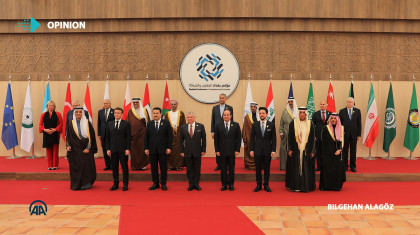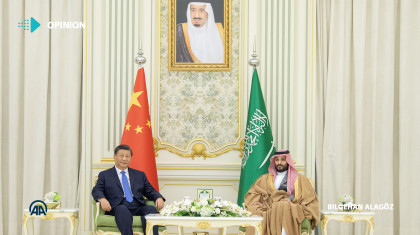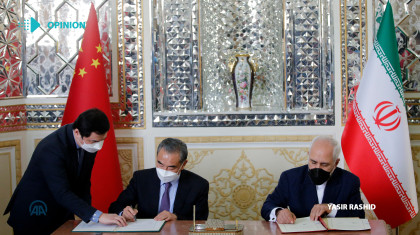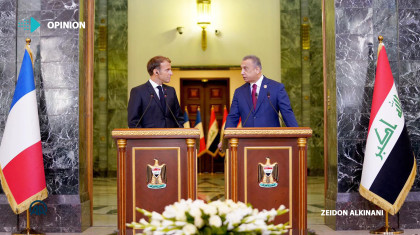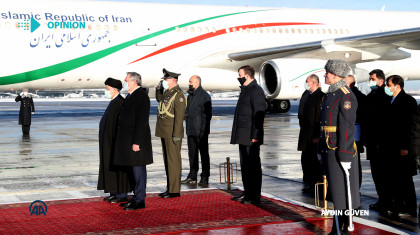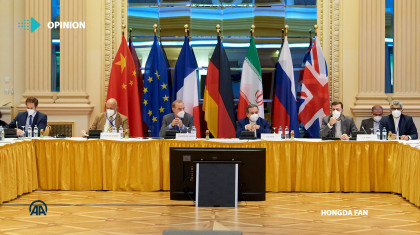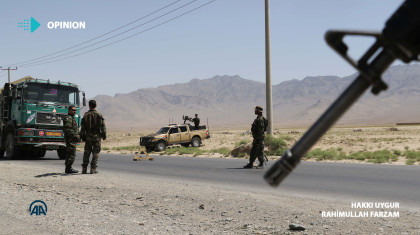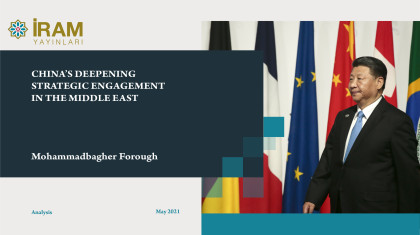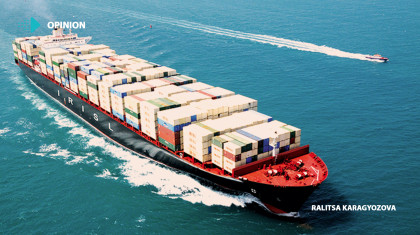China and Russia, the influential powers in the SCO, have abandoned their reservations in their relations with Iran in recent years and established a more comprehensive relationship.
Since it is essential for France to neutralize its rival China in Iraq, limiting the China-Iran cooperation in the country and integrating Iran into the international community have been the main agenda of the meeting.
Jinping’s visit to Riyadh will strengthen the hand of those who criticize the Look to the East policy in Iran, which considers China an absolute ally within the scope of this policy since 2018.
Uncertainty in the Vienna talks and the developments in the region may slow down the implementation of the 25-year agreement between Iran and China.
French ambitions in Iraq present various indicators towards a geopolitical balance of power and economic gains.
In Afghanistan, there are crucial mineral deposits, and the estimated value of those are 3 trillion dollars.
Raisi considers the steps towards the East as a strategic achievement for the country’s foreign policy, while opponents criticize Iran’s potential dependency on Moscow and Beijing.
The United States and Iran have a common need to ease tensions. The upcoming JCPOA negotiations in Vienna can be given some cautious optimism.
Changes in the trade policies of major powers such as the EU will undoubtedly have multiple implications for various countries, including Iran.
The power vacuum that will emerge in Afghanistan with the withdrawal of the US and NATO raises security concerns for and whets the appetite of many regional actors.
In terms of energy (both fossil-based and green), geopolitics, geoeconomics, trade, finance, health and digital security, and media and soft power, China’s influence in the region has been growing in the past two decades.


